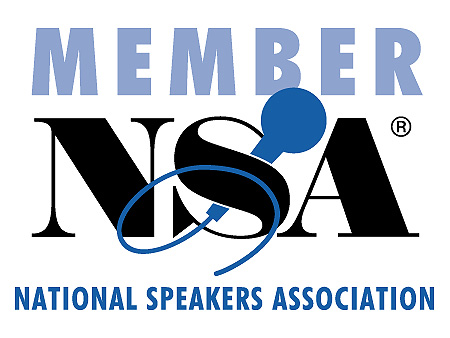 Send to Kindle
Send to KindleThe Christmas Tree Tax
The government has decided to charge consumers a 15 cent per live Christmas tree tax this year. This Christmas tree tax is to help fund an effort by the Department of Agriculture to improve the image and marketing of Christmas trees. They say this is not a tax, but whenever the government takes money from citizens, it’s a tax. Of course part of any government’s purpose is to do things that cause the citizenry to alternate between laughter and tears. But there’s often a lesson for leaders as well.
tax is to help fund an effort by the Department of Agriculture to improve the image and marketing of Christmas trees. They say this is not a tax, but whenever the government takes money from citizens, it’s a tax. Of course part of any government’s purpose is to do things that cause the citizenry to alternate between laughter and tears. But there’s often a lesson for leaders as well.
How many times do we as leaders come up with Christmas tree tax type ideas? This particular example of government buffoonery points out two common mistakes leaders make.
First is an idea that just doesn’t make sense to the organization’s rank and file. Is there really a large group of people in this great land who have a negative image of Christmas trees? Is there a need for the government to help with tree marketing? Apparently the tree industry and the Department of Agriculture think so. But I’m not sure the people who buys trees, and would ultimately pay the fee would agree. Any day now, I’ll start seeing little tree lots sprouting up all over town like crocuses in the spring. Where once only weeds grew or vehicles parked, families will be tying trees to the roof of their cars and handing over ever larger sums of money. Others will be trekking into the nearby mountains armed with a saw to cut down some unsuspecting yearling. Obviously, the Department of Agriculture thought this was a good idea, but one has to wonder if they went through any kind of decision analysis. Sometimes leaders will make a decision based on incomplete information or simply a knee jerk reaction to some perceived problem or passing complaint. To paraphrase a common mantra during the rationing of World War II, “Is this decision really necessary?”
Second, is inept communication of the idea to the organization at large. A leader may have a change that seems a little odd or doesn’t quite make sense on the surface but is necessary anyway. (I doubt the Department of Agriculture’s idea is really necessary, but stick with me here) In that case, how the idea is communicated is essential. Forever gone are the days when the boss could just say something and, no matter how ridiculous, the people would bow and say “yes, it is good as our paychecks depend on complete subservience.” Today people question things, and we’re better for it. So if a change must be implemented, it must be communicated with complete honesty. Though not everyone will jump on board, support will greatly increase when the people understand why the change is necessary and the explanation makes sense to them. At the same time, call it what it is. In this case, saying the fee isn’t a tax, seems kind of disingenuous.
In case you think I made this up, the new not-a-tax policy is spelled out in excruciating detail in the Federal Register of November 8, 2011. You can see the whole text at http://www.gpo.gov/fdsys/pkg/FR-2011-11-08/html/2011-28798.htm.



